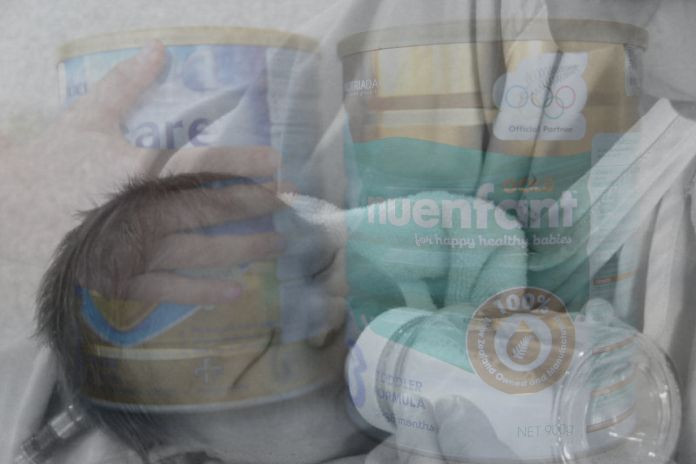GENEVA, Switzerland – The World Health Organization (WHO) and the United Nations Children’s Fund (UNICEF) are hosting the first Global Congress on the implementation of the International Code of Marketing of Breast-milk Substitutes on 20-22 June 2023 in Geneva, Switzerland. During the event, delegates from around 130 countries will discuss and share knowledge and strategies to end the unethical marketing of breast-milk substitutes.
The World Health Assembly (WHA) in 1981 adopted the International Code of Marketing of Breast-milk Substitutes. Forty-two years later, formula milk manufacturing companies continue to violate these established principles and place commercial interests before children’s and families’ health. Subsequent WHA resolutions have repeatedly called upon national governments to enact, monitor and enforce the provisions of the code. The response to calls to action launched by WHO and UNICEF has been inadequate and further underscores the need for stronger government regulations.
“Over 70 percent of Member States have enacted legislation that puts in place at least some of the provisions of the code,” said Dr Francesco Branca, director of nutrition and food safety at WHO. “But industries are still expanding to push an ever-increasing range of formula milk products on families, using insidious tactics to access their networks and influence their choices. Parents have the right to impartial information on infant feeding, which is actively undermined by exploitative industry marketing.”
During the three-day Congress, countries will share their experiences on the challenges they face in fully implementing the code; develop national work plans to strengthen legislation, monitoring and enforcement relating to its provisions; and build regional networks to share information and support national action.
While a majority of countries have enacted at least some provisions of the code in national laws and regulations, gaps and loopholes often remain in the legislation, allowing violations of the code to persist. Most countries do not have active systems to monitor marketing practices, and enforcement provisions are typically weak.
In the last few years, many countries have strengthened their protections against inappropriate marketing of breast-milk substitutes. For example, in 2022, the government of Kenya fought back against lobbying from food manufacturers to develop regulations and developed a monitoring system to identify violations of the law.
WHO, UNICEF and civil society partner organizations have developed a variety of tools to advocate for the code implementation, document the extent of formula milk marketing, evaluate current laws, develop monitoring systems, and strengthen enforcement of the code, while also working to increase parents’ access to unbiased information, free from commercial influence on infant feeding and nutrition.





